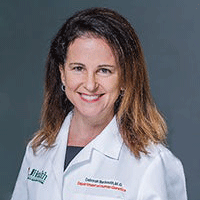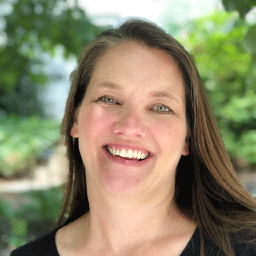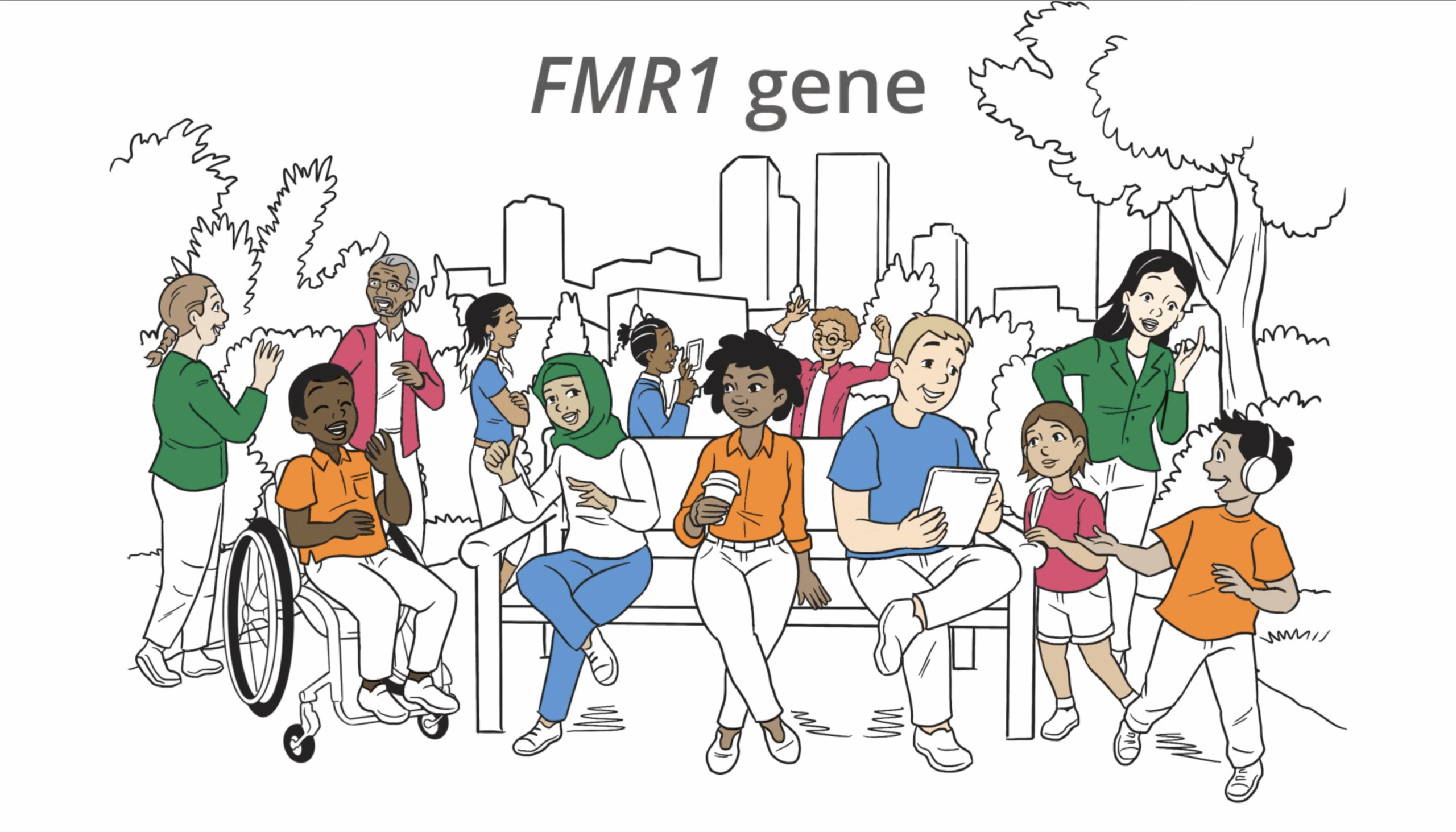About the Presenters

Deborah Barbouth
Dr. Deborah Barbouth has contributed to the clinical care of patients and delved into the realm of translational genetics. The South Florida Fragile X Clinic provides comprehensive care and treatment to children and adolescents affected by Fragile X while offering compassionate support, services, and referrals to local and community programs. The long-term vision is to have a Fragile X clinic that serves all family members. The clinic has expanded to include an adult neurologist and psychiatrists to serve adults with Fragile X-associated tremor/ataxia syndrome (FXTAS), adults with Fragile X, and mothers of individuals with Fragile X.

Emily Allen
Emily Allen, PhD, graduated from the University of Georgia with a bachelor’s degree in biology and Emory University with a PhD in genetics. She has worked on studies of Fragile X-associated disorders at Emory University with Dr. Stephanie Sherman since the early 2000s. Her primary research focus has been on disorders and characteristics associated with the Fragile X premutation, such as Fragile X-associated primary ovarian insufficiency (FXPOI) and Fragile X-associated tremor/ataxia syndrome (FXTAS).

Reymundo Lozano
Reymundo Lozano, MD, MS, associate professor of Psychiatry, Genetics and Genomic Sciences, and Pediatrics and Department of Pediatrics, is a pediatric and adult clinical geneticist with neurodevelopmental and aging research training. He is the director of the Mt. Sinai Fragile X Spectrum Disorder Clinic, and as a collaborator on clinical trials in Fragile X syndrome, Dr. Lozano is committed to finding new pharmacological treatments.
Dr. Lozano enjoys working with the Fragile X syndrome and Fragile X-associated tremor/ataxia syndrome scientific and medical communities, patients, and families utilizing current and innovative treatment strategies to ameliorate patients’ medical challenges. Dr. Lozano is a member of the NFXF board of directors and the Clinical Trials Committee.

David Hessl
David Hessl, PhD, is a licensed clinical psychologist and the head psychologist at the Fragile X Research and Treatment Center at UC Davis, where FXTAS (Fragile X-associated tremor/ataxia syndrome) was first discovered and reported in 2001. His clinical interests involve cognitive, emotional, and behavioral evaluation of children, adolescents, and adults with neurodevelopmental disorders, especially those with Fragile X syndrome, autism, ADHD, and learning disabilities. He also has expertise in developmental psychopathology, particularly mood and anxiety disorders, in infants and young children.
He directs the Translational Psychophysiology and Assessment Laboratory (T-PAL) at the MIND Institute to investigate the emotional psychophysiology of children with neurodevelopmental disorders, and to develop novel outcome measures for clinical trials. His work currently concentrates on autism, Fragile X syndrome, Down syndrome, and Fragile X premutation carriers, who are at risk for neurodegenerative disease.
He received his PhD in Child Clinical Psychology from the University of Washington in 1997, which included a clinical internship at Stanford University, and received postdoctoral fellowship training at the UC Berkeley Institute of Human Development during 1997-1998.
Dr. Hessl’s career has focused on Fragile X-associated disorders since 1998, having published 114 peer-reviewed journal articles on these topics to date. Dr. Hessl also serves on the National Fragile X Foundation’s Clinical Trials Committee.




